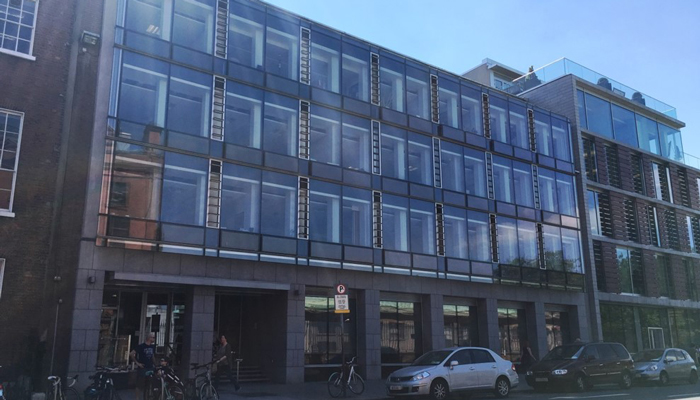The number of students who receive counselling for mental health problems has risen to almost twice the number of those seeking help in 2010.
Data gathered by the Psychological Counsellors in Higher Education Ireland (PCHEI) shows that almost 12,000 students sought counselling in the last academic year, an increase from around 6,000 students in 2010.
There has also been an increase in the proportion of students seeking help who have resorted to self-harm. In 2010, 5% of cases dealt with by counselling services involved an instance of self-harm, a number that has risen to 11% for the last year.
The mental health issue that accounted for the most cases was anxiety, which has also seen a rise in the number of reported cases and now accounts for half of all cases.
Counsellors are reporting that social media may have played a role in the rising number of anxiety cases as it can cause an exaggeration of the effects of potentially traumatic events such as relationship break-ups, arguments with friends and bullying.
However, the PCHI have cautioned not to see the data as all negative, stressing that an increased number of recorded cases of students facing mental health problems may in part be due to a destigmatising and a raised awareness of these issues, causing more students to come forward and seek help for problems that in the past may have gone untreated.
The increased number of cases has put strain on the counselling services available to students.
Treasa Fox, a spokeswoman for the PCHEI and head of student counselling at Athlone Institute of Technology (AIT) has said: “Funding of student counselling services has not kept pace with the year-on-year increase on demand for services.”
Fox added that “the services are stretched beyond what they can meet,” noting that “none of us working in the services wants to see students sitting on waiting lists. It’s quite likely that their mental health isn’t improving”.
Fox said counselling services in Irish third level institutions are still relatively understaffed.
Understaffing has meant some students waiting for weeks before they have access to a counsellor. Latest figures show waiting times vary from between seven to 40 working days, depending on the college.
Fox stressed that the importance of a rapid response to students in need of support was critical to achieving better outcomes.
The number of counsellors per student in Ireland, one for every 2,600 students, is very low compared with the recommended ratio agreed by the International Association of Counselling Services (IACS) of one counsellor for every 1,000-1,500 students.
Síona Cahill, president of the Union of Students in Ireland (USI), said in January: “Year on year, issues around anxiety and depression raise their head on college campuses across the country. What’s not good enough is that we are constantly telling people about the need to talk but not actually having anyone to listen.”
Cahill argued: “Having a counselling service on campus, which is well resourced, is an imperative part of student success. Whether or not a student uses the service, knowing the service is available, and it is accessible and they can go to it if they need to, is an important part of any college experience”.






